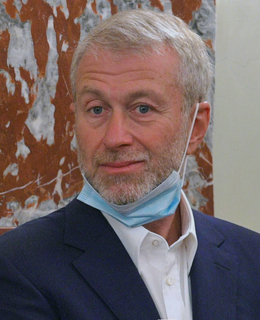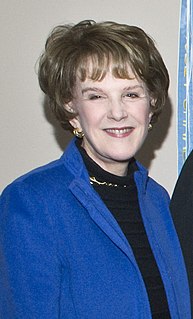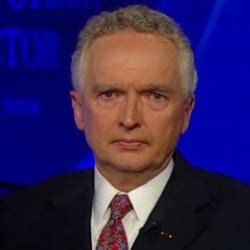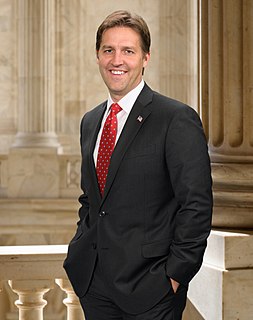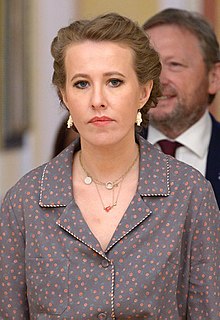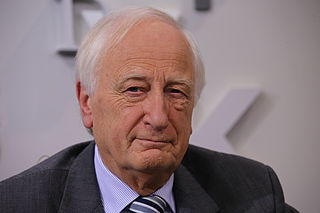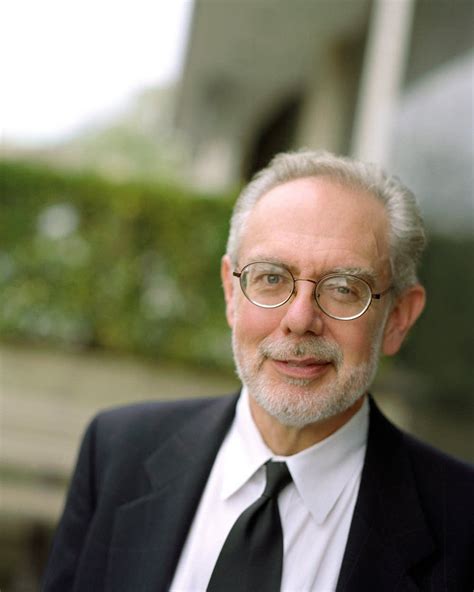A Quote by Vito Fossella
Russia under President Putin is less democratic and less free today than when he assumed office. If Russia cannot fulfill its obligation to the G-8 and maintain a high standard of democratic governance then its membership should be suspended.
Related Quotes
People take the lazy way out, and do not regard Putin and the Kremlin as the real enemy. They create a long but erroneous chain in their heads. Putin is the leader of Russia. Putin does X, therefore Russia is doing X, and Russia is our enemy. And so, we introduce sanctions, for example, against Russia.
President Obama took charge of the Oval Office seven years ago. He promised a positive reset in relations with Russia. But with the radioactive poisoning of a British spy in London, the downing of passenger jets over Europe, and the aggressive advances of Russian forces from Ukraine to Syria, President Putin of Russia has rebuked Mr. Obama.
Tillerson, at ExxonMobil, brokered multibillion-dollar deals with Russia, meeting with Putin multiple times. In 2013, he received the Order of Friendship award from Putin himself. But Tillerson today said he'd support continuing sanctions against Russia for now. He also implied his intimate knowledge of Russia meant he understood its strategy, and could anticipate its moves, to America's benefit.
I don't understand what the president's [Donald Trump] position is on Russia. But I can tell you what my position is on Russia: Russia is a great danger to a lot of its neighbors, and [Vladimir] Putin has as one of his core objectives fracturing NATO, which is one of the greatest military alliances in the history of the world.
I think some people have blind faith in American institutions without knowing a whole lot about them and think they will stand up to Donald Trump and are indestructible. I actually think democracy is not a definable and achievable state. Any country is either becoming more democratic or less democratic. I think the United States hasn't tended to its journey toward democracy in a long time. It's been becoming less democratic, and right now it's in danger of becoming drastically less democratic.
In Ukraine, there has never been a consensus behind NATO membership. Even Yulia Tymoshenko was noncommittal when she was still prime minister. Georgia under President Mikhail Saakashvili pursued a rather aggressive stance, which stood in the way of its NATO membership. Given both states' unique relationships with Russia, concerns were justified that NATO membership would trigger Russia's reasonable fears of encirclement.
But we either believe in democracy or we don't. If we do, then, we must say categorically, without qualification, that no restraint from the any democratic processes, other than by the ordinary law of the land, should be allowed. If you believe in democracy, you must believe in it unconditionally. If you believe that men should be free, then, they should have the right of free association, of free speech, of free publication. Then, no law should permit those democratic processes to be set at nought.
Vladimir Putin doesn't really gain anything economically from annexation of Crimea. It's more a gain of power. It's a gain of what he can say to his home population about what he's accomplished as president. And so it's really much more an individual gain for Putin politically than for Russia as a state, because over the long term, Russia is not going to particularly benefit from this.

